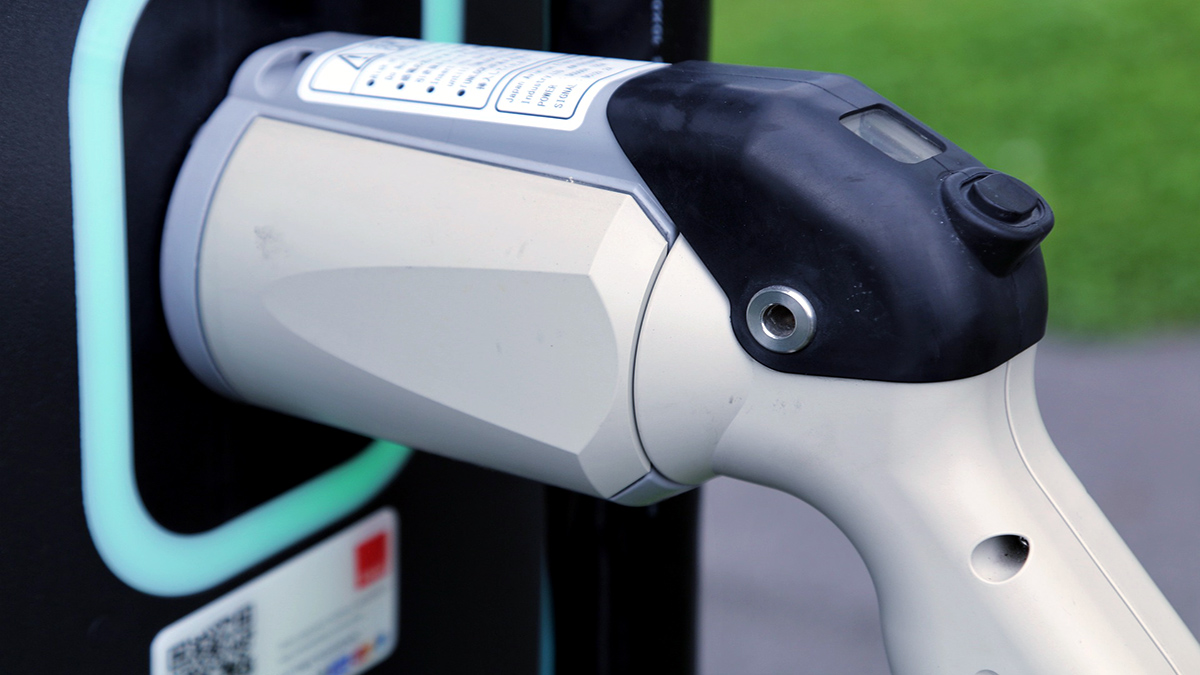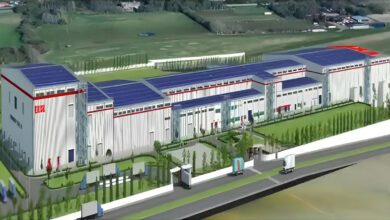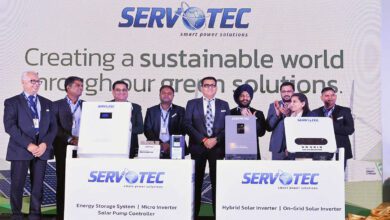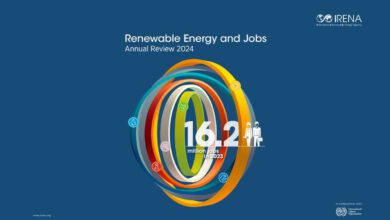A solar photovoltaic powered electric vehicle (EV) charging station has been developed at the Indian Institute of Science (IISc) in this tech city. The zero-emission EV charging station powered by solar cells has been designed and developed at our sustainable transportation lab by the UK-based Green Encho Ltd under the Innovating for Clean Air (IfCA) programme of the Energy System Catapult, UK.
The custom-made off-grid system comprises a solar photovoltaic (PV) module, hybrid inverter, battery storage and an EV charger. “The project was taken up under the Indo-UK collaboration to fight against climate change, as the IfCA programme aims to support Indian and British firms in curbing pollution at the source in Bengaluru,” said the statement.
Zero-emission charging station improves air quality, challenges related to EV charging infrastructure, power grid management and integration of renewable energy. The charging point is located at the JRD Tata Memorial library on the campus, with solar panels on the library’s rooftop.
“An impact assessment of the charging facility will be conducted at the lab with Green Enco’s support under convenor Ashish Verma’s supervision,” said the official.
Vikram Solar Ltd has supplied its prospective building modules while Italian firm Fimer has provided the inverter, battery storage and EV charger. The lab was set up to contribute to research and teaching in transportation systems engineering (TSE). The areas of interest of the lab includes sustainable transportation planning and policy, integrated public transport and management, quality of life and climate change.
The initiative is in line with one of the mission statements of the lab, which is to offer scientific expertise and leadership on initiatives related to sustainable transportation by government or non-government organisations. As a renewable energy advisory firm, Green Enco provides strategic and risk management consulting services across the solar PV project lifecycle, energy storage and zero-emission infrastructure projects. The British firm has projects in 12 countries across four continents.












